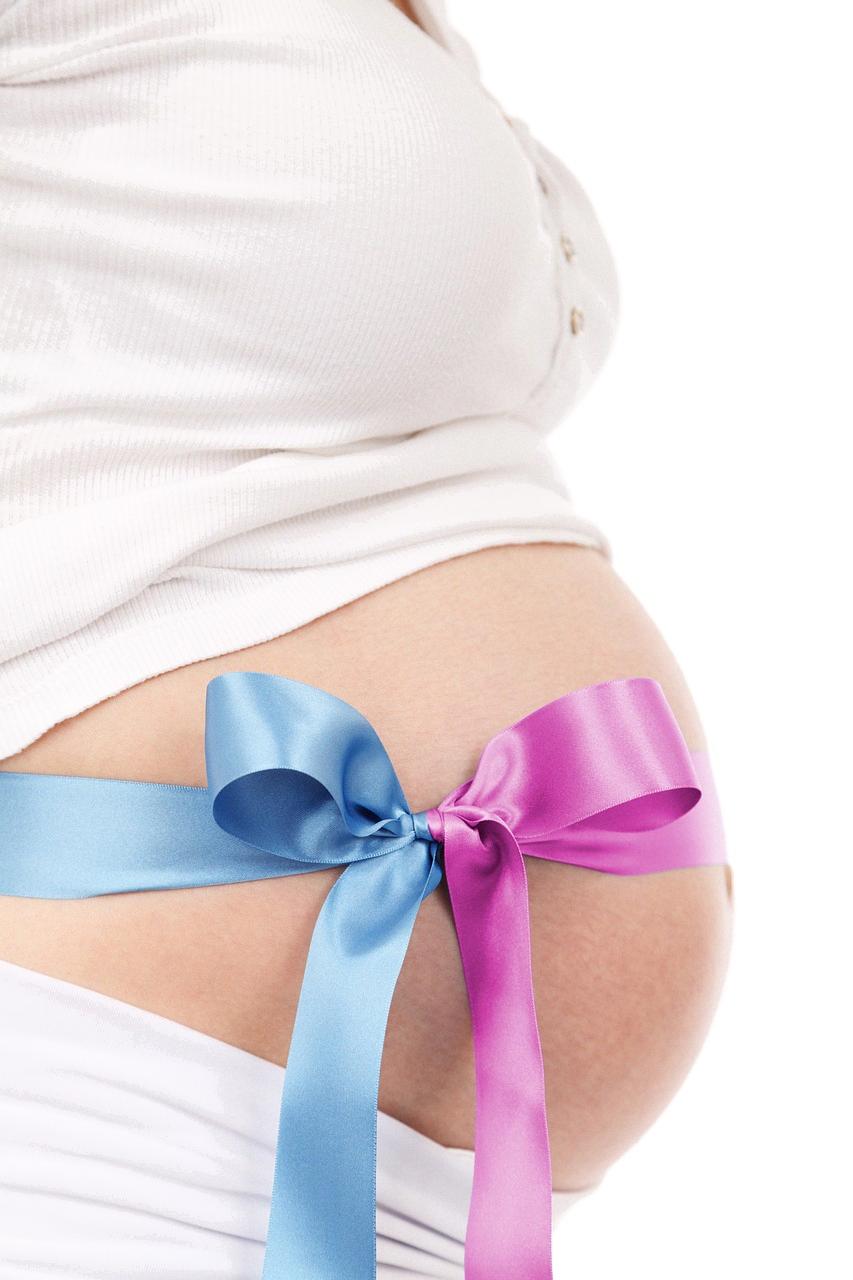One interesting question that often arises during pregnancy is whether the gender of the baby influences a woman’s appetite. Recent studies have delved into this topic, examining the relationship between maternal hunger levels and the sex of the fetus. The results shed light on potential differences in energy intake based on whether a woman is carrying a boy or a girl.
The research revealed that women who were carrying a male embryo exhibited a higher daily energy intake compared to those carrying a female embryo. The mean energy intake for women expecting a boy was 9025.6 kJ, while it was 8258.6 kJ for women expecting a girl. This notable disparity in calorie consumption raises intriguing questions about the potential factors driving this phenomenon.
Upon further analysis and adjustment for various covariates, the data showed a significant difference in energy intake between the two groups. After accounting for confounding factors outlined in the study, the adjusted discrepancy in energy intake between women expecting a boy versus a girl was 796.2 kJ, with a P-value of 0.049. This indicates a substantial 9.6% variance in energy consumption based on the sex of the fetus.
These findings suggest that there may indeed be a correlation between maternal hunger levels and the gender of the baby. The increased energy intake observed in women carrying a male fetus implies a potential link between fetal sex and appetite regulation during pregnancy. While the exact mechanisms behind this phenomenon are not yet fully understood, the research provides valuable insights into the complex interplay between pregnancy and nutritional needs.
It is essential to acknowledge that individual factors and maternal characteristics can also influence appetite and energy levels during pregnancy. While the study highlights a trend towards higher hunger levels in women expecting a boy, it is crucial to consider the multifaceted nature of appetite regulation and dietary behaviors in pregnant women. Factors such as pre-existing nutritional status, lifestyle habits, and metabolic variations play a significant role in shaping maternal food intake.
Furthermore, societal and cultural influences can impact a woman’s dietary preferences and choices during pregnancy. Expectant mothers may experience unique cravings or aversions based on personal beliefs, cultural norms, and traditional practices. These external factors can contribute to variations in energy intake and food consumption patterns, independent of the baby’s gender.
As such, it is vital to approach the connection between maternal hunger and fetal sex with a nuanced perspective that considers the broader context of pregnancy and nutrition. While the research suggests a potential association between carrying a boy and increased appetite, it is crucial to recognize the intricate interplay of biological, psychological, and sociocultural factors that shape dietary behavior during pregnancy.
Future studies in this area could delve deeper into the underlying mechanisms driving the observed differences in energy intake based on fetal sex. Exploring hormonal influences, metabolic pathways, and genetic factors may provide further insights into how pregnancy alters appetite regulation and nutrient requirements. By unraveling the complexities of maternal-fetal interactions, researchers can enhance our understanding of the intricate processes that govern maternal nutrition.
In conclusion, the research indicates that there may be a connection between maternal hunger levels and the gender of the baby, with women expecting a boy demonstrating higher energy intake compared to those expecting a girl. While these findings offer intriguing insights into the dynamics of appetite during pregnancy, they underscore the need for a holistic approach to understanding dietary behavior in expectant mothers. By considering the diverse array of factors that influence food consumption during pregnancy, we can gain a comprehensive understanding of the complex relationship between maternal nutrition and fetal development.

